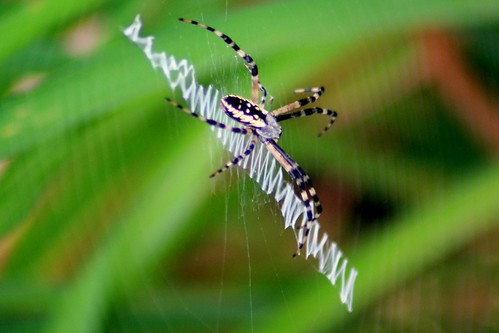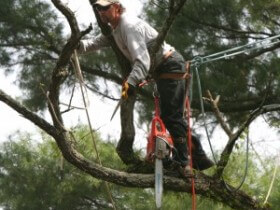There are endless all-natural methods available to help you produce a vibrant organic garden. In order to use these methods, all you have to do is learn a little bit about them.
Plant annuals and biennials to make your flower beds brighter. Using a variety of flowers allows your flower garden to have a different look each season. Use them to fill gaps between shrubs and perennials in the sun. Some flowers you can use are rudbekia, petunias, cosmos, marigolds, or sunflowers.
Baking Soda
If you notice powdery mildew on your plants, do not buy an expensive chemical. Combine a bit of liquid soap and some baking soda with water. Spray this mix on your plants every week and the mildew should go away. Your plants will not be harmed by the baking soda, but the mildew will definitely not like it!
Check the nutrients in the soil before you plant your garden. For a small fee, a soil analysis can be obtained – based on that report – the soil can be properly enriched to support a vibrant garden. A lot of Cooperative Extension locations offer this service, and you can prevent ruining a few crops by identifying the specific steps to take.
Bulbs will give you wonderful flowers that you can enjoy in early spring and right through the summer. A hardy perennial addition to your garden, bulbs will continue to delight every year. You can select bulbs that bloom at many different times, so with a little work, you could have flowers popping up all the way from the start of spring to the end of summer.
If you find that you have soil that has high amounts of alkaline, mix used coffee grounds throughout the soil. Basically, the grounds resupply the soil with acid. This is one of the most inexpensive ways to achieve this result. You will notice that your vegetables and greens will have a stronger taste.
To help young plants, try pouring boiling water on top of nearby weeds. Boiling water is a safe herbicide which won’t damage your garden or your body. Pour boiling water over the weeds to kill them, but make sure not to pour the water over any plants you don’t want to kill. The water will kill the weeds by destroying the roots and if poured directly on the weeds, will prevent them from growing back.
Irises can be easily div ided. The more you div ide clusters of irises, the more your irises will multiply. Once the foliage has died off, lift out your bulbous irises. They will literally split in your hand, flowering the next year after replanting. Split rhizomes with a knife. New pieces should be cut from the outside, then the old center you want to discard. Each piece needs one strong offshoot. Replant immediately.
Think about starting your peas indoors rather than planting them directly in the garden. The seeds will grow better in your home if planted there first. You will also have hardy seedlings that will be able to resist disease and pests much better. Once the seedlings have become hardy enough to survive, you can transplant them to your outdoor garden.
Place organic mulch as close to your vegetables as you can. Mulch keeps soil moist for longer periods of time. It can also prevent weeds from growing. That helps you save a great deal of effort and time in weed eradication.
A superior garden can be created when one has adequate knowledge about how they can render the most from their plants. Be sure to apply the useful tips you have read here and enjoy.




